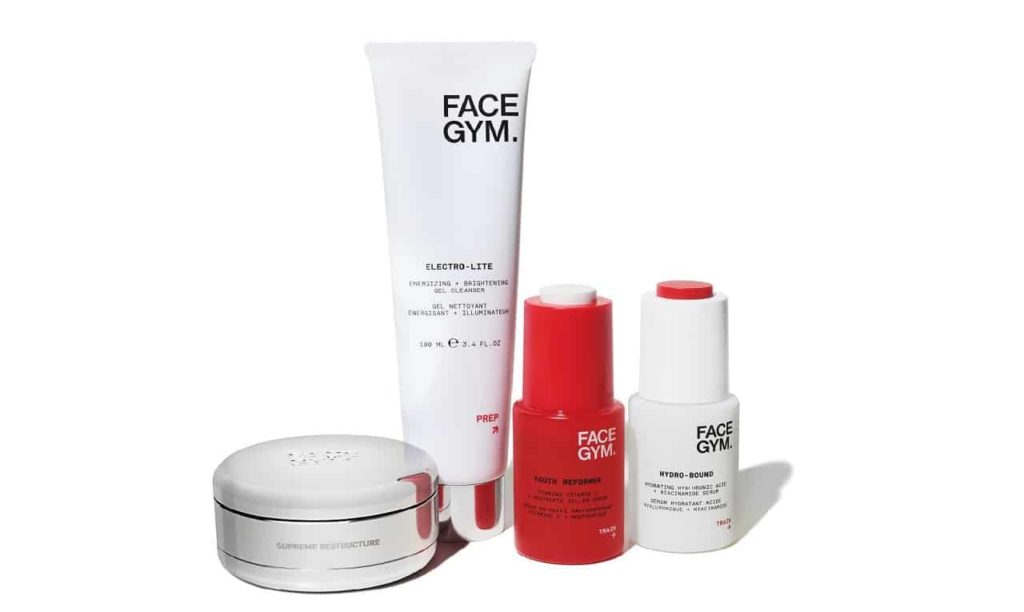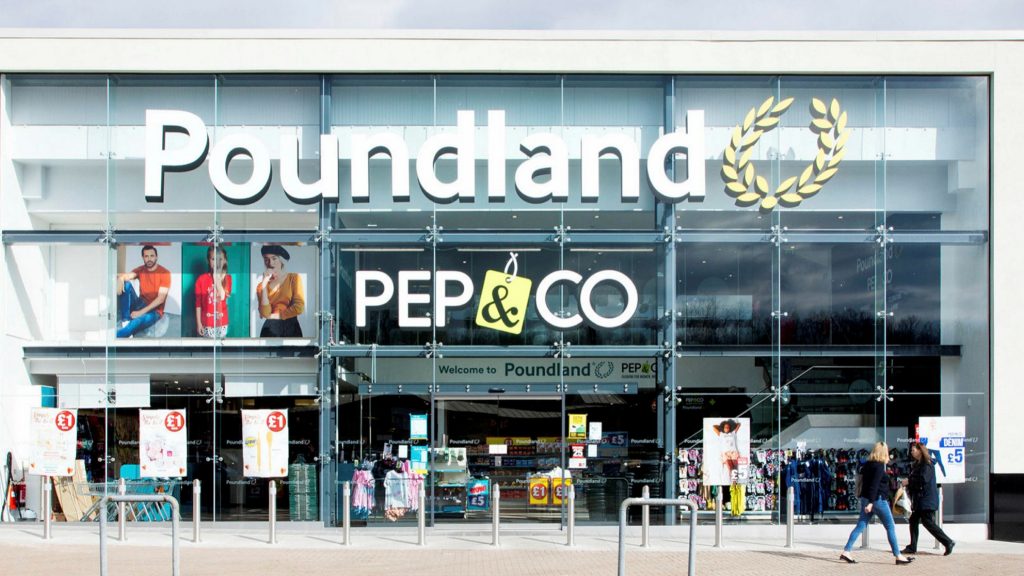Home Office taking action on alternatives to animal testing, says Suella Braverman
The Home Office is taking action to seek alternatives to animal testing in cosmetics and no new licences will be granted for animal testing of chemicals that are exclusively intended to be used as ingredients in cosmetics products moving forward, Home Secretary Suella Braverman has said in a statement.
The news follows revelations that the British Government had “secretly” abandoned the ban on testing cosmetic product ingredients on animals.
Animal testing for makeup or its ingredients had been banned in the UK since 1998. However, in a letter sent to Cruelty Free International in 2021, the Home Office admitted that had allowed animal testing for cosmetics in the UK since 2019. The documents disclosed in court proceedings in January in which the Government was criticised for the way it had conducted itself but its actions were not deemed to be unlawful.
Braverman had argued that the British Government was bound by a law originating in the European Union to authorise such tests. This law outlines that companies need to test some ingredients used in cosmetics on animals to ensure they were safe for workers manufacturing the ingredients.
A number of big beauty businesses spoke out against the move, including cruelty free pioneer The Body Shop, as well as groups such as Cruelty Free International and PETA.
Following the push-back, the Home Secretary issued the following statement, stating that animal testing had only taken place "as a last resort" using time-limited licenses, but no new licenses for the tests will be issued henceforth.
“I can inform the House that the Government is taking action to seek alternatives to animal testing for worker and environmental safety of chemicals used exclusively as cosmetic ingredients. We are therefore announcing a licensing ban with immediate effect. The Government is committed to replacing animals used in science wherever scientifically possible and is confident that the UK science sector and industry has the talent to provide the solutions.
“The cosmetic regulations require manufacturers to demonstrate that their products are safe for use by consumers. Animal testing for consumer safety of cosmetics and their ingredients was banned in the UK in 1998. This ban remains in force.
“Under chemicals regulations (the Registration, Evaluation, Authorisation and Restriction of Chemicals regime, or REACH), chemicals manufacturers and importers must demonstrate the hazards to human health and the environment of the chemicals they place on the market. This includes chemicals used as ingredients in cosmetics. In some cases, where there are no validated alternatives, this has in the past required testing on animals as a last resort.
“The REACH regime is separate from, and has a different purpose to, the consumer cosmetics regulations, which is why it has been possible that a chemical used in cosmetics production may be required to be tested on animals. This has been reflected in the issuing of a small number of time-limited licences between 2019 and 2022. The Government recognises the public concern around the testing on animals of chemicals used as ingredients in cosmetics, and the new opportunities available to us to depart from the EU testing regime.
“I can confirm, therefore, that from today no new licences will be granted for animal testing of chemicals that are exclusively intended to be used as ingredients in cosmetics products.The Government is also engaging with the relevant companies to urgently determine a way forward on these legacy licences.
“In addition, the Government is undertaking work to review at pace the effective administration of the ban over the longer term (including the legal framework for this). This would also have due regard of the needs of the science industry, the need to ensure worker and environmental safety, and the need to protect animals from unnecessary harm.
“Modern alternatives mean there are opportunities to design non-animal testing strategies for these chemicals so that worker and environmental safety is unlikely to be compromised, and potentially enhanced. In this way, working with industry, the Government is seeking to improve safety by the application of new non-animal science and technology.”
Her move was welcomed by Cruelty Free International, whose CEO Michelle Thew, said: "This statement from the Home Secretary is a welcome first step in response to the information revealed in our Judicial Review. We are pleased to see that the Government is listening to the British public in reinstating a partial ban on animal testing for ingredients used exclusively in cosmetics, to protect consumer, worker and environmental safety, and actively seeking alternatives to animal testing.
“We urge the government to now take the next step by reinstating the full ban on animal testing for cosmetics.”
The British Beauty Council's Chief of Policy Victoria Brownlie added: “Following a meeting between the British Beauty Council and No10 earlier this week, we are pleased with the Home Secretary’s statement. The British Beauty Council is liasing with various stakeholders to investigate the challenges facing the UK Government’s approach to cosmetics testing.
“In line with the government’s ambition to turn Britain into a science and technology powerhouse, the Council is working with policymakers to push for dedicated funding for the development of animal alternative technologies.”






